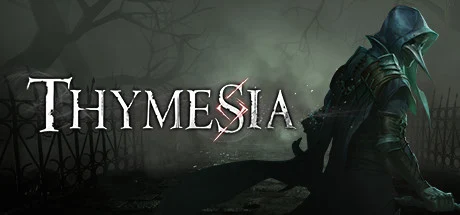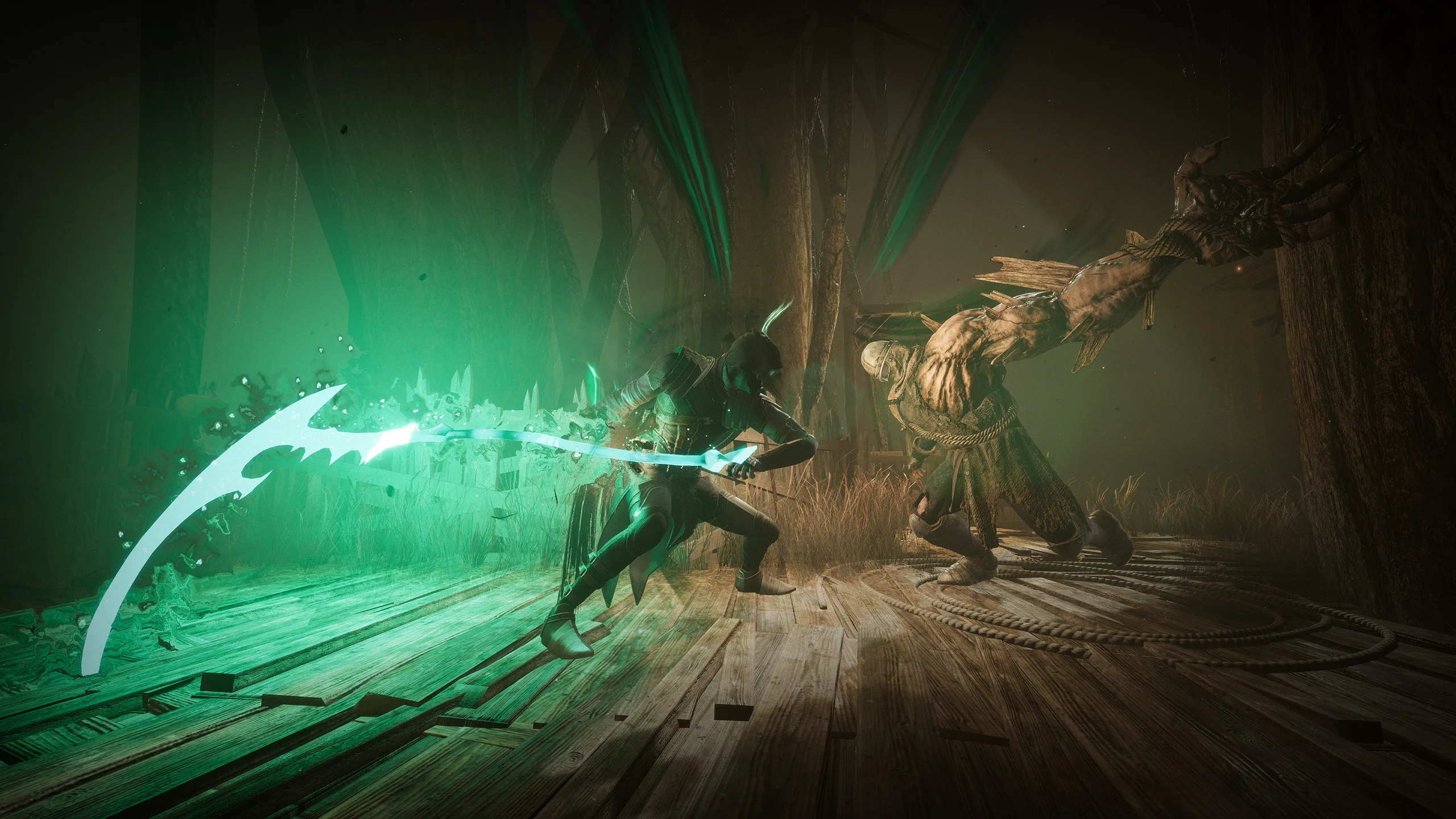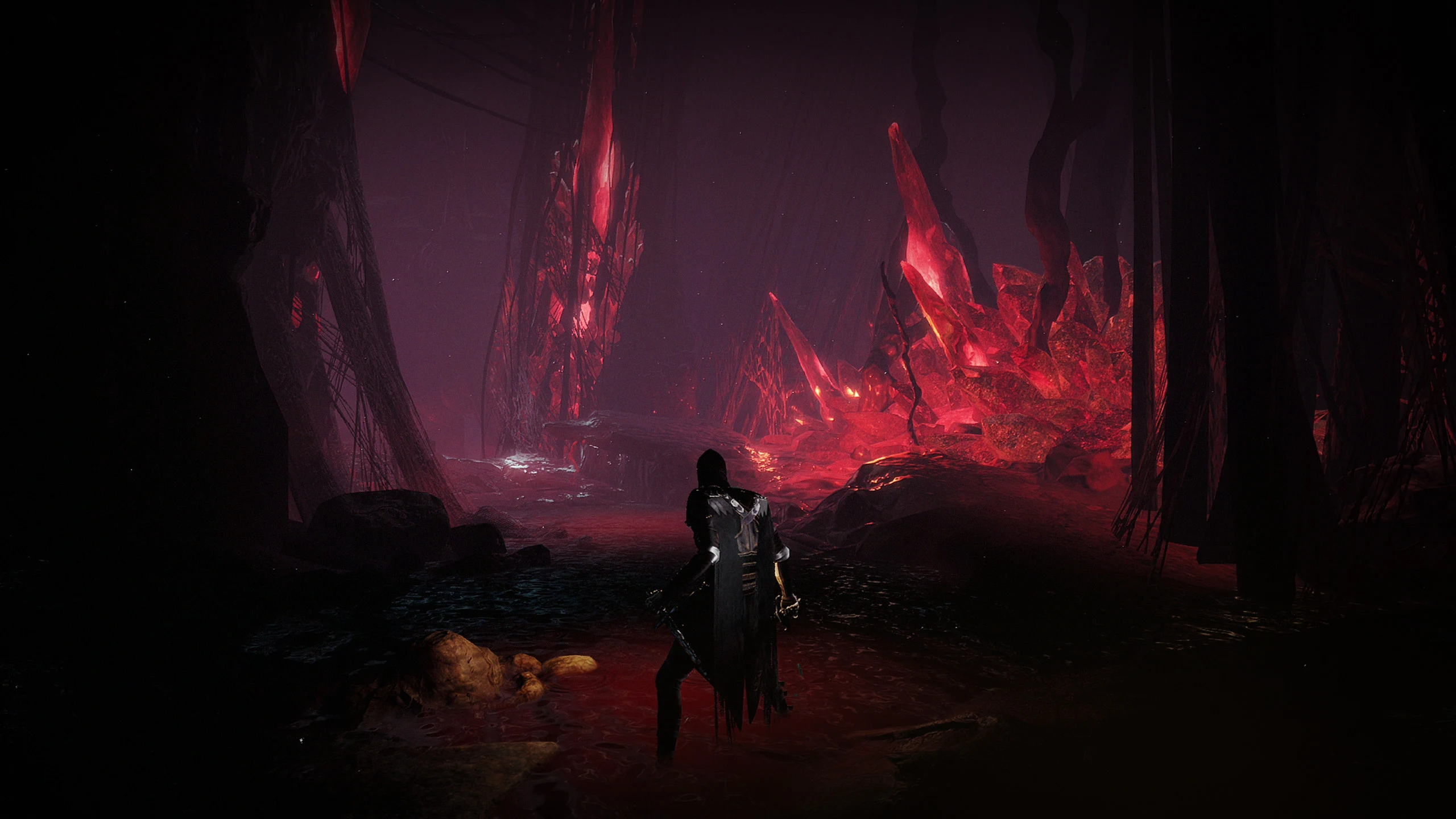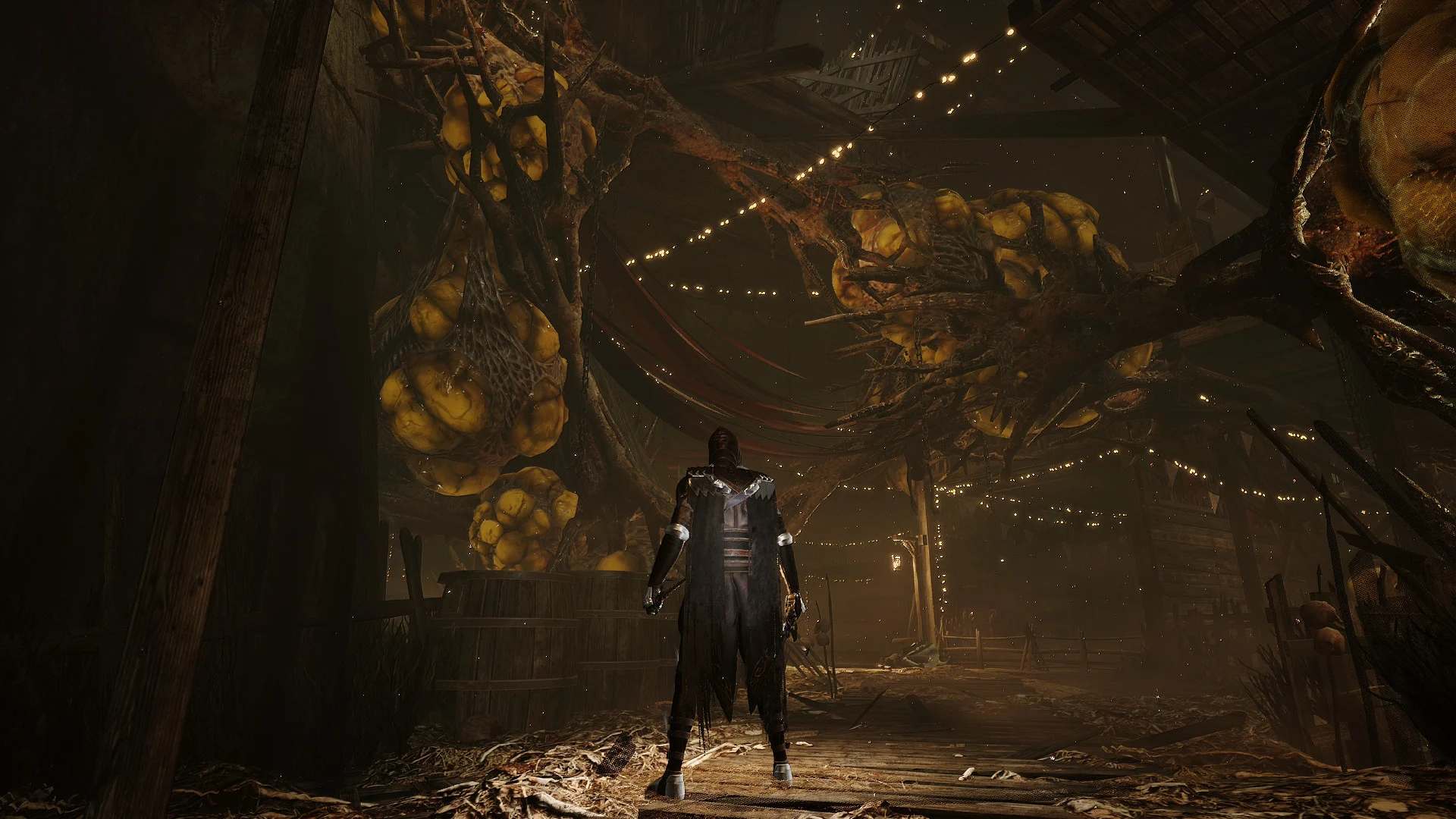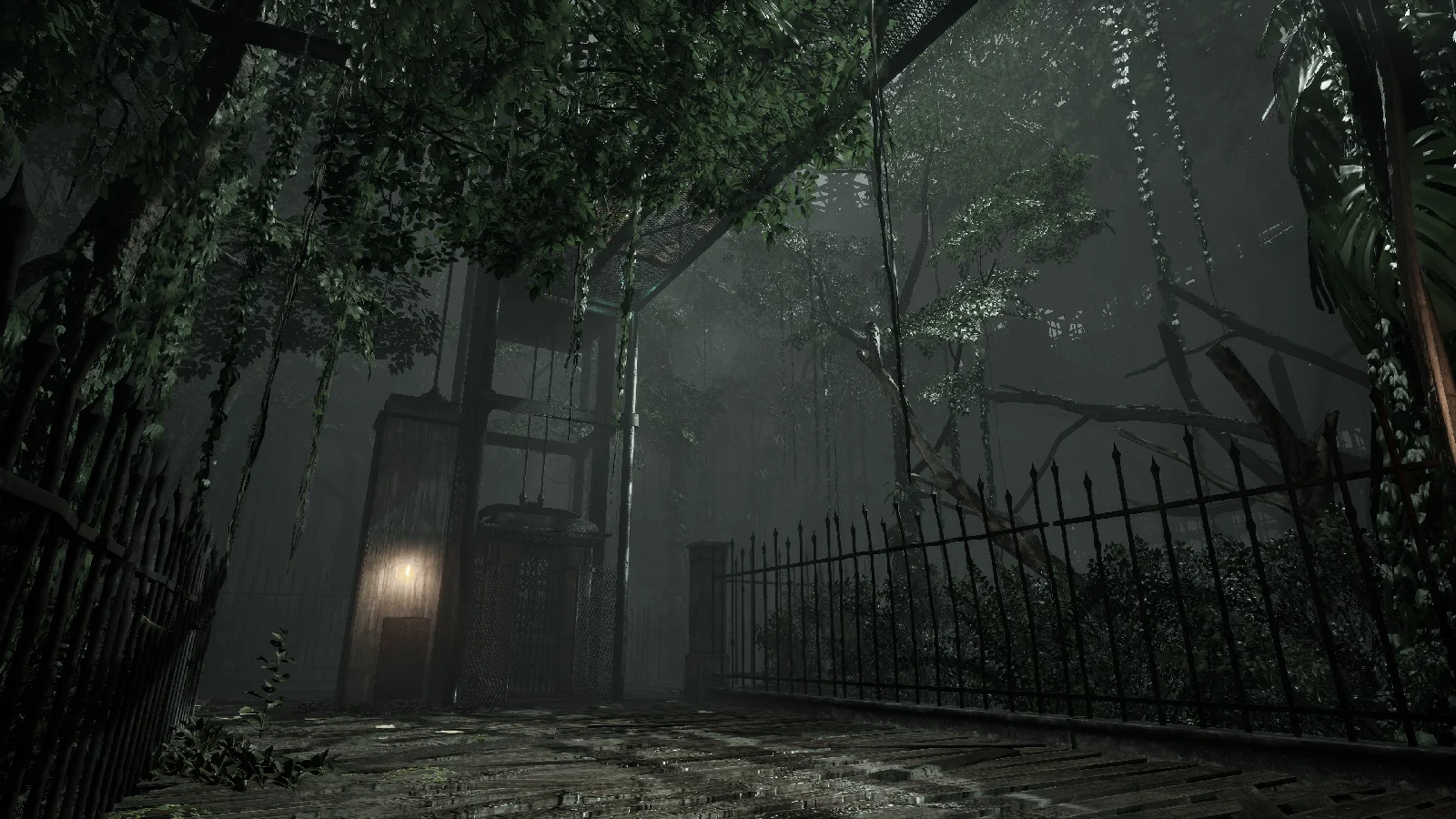Video Game Review - Thymesia
Rob reviews Thymesia on Xbox Series X...
As a Soulsborne fan, the genre is becoming a little too saturated. While big hitters such as Elden Ring, Bloodborne, and Dark Souls remain the heads of the hard-core table, there's always one waiting in the shadows.
OverBoarder Studios' third-person action RPG, Thymesia is a great example of this. Its flashy, fast-paced combat, mixed with the need for patience and confidence has all the hallmarks to be something great. Yet it's all a bit forgettable.
Thymesia's story follows a menacing-looking chap called Corvus, a pretty plain protagonist who's also lost his memory. Not only this, but a plague is sweeping across the lands. A plague that either kills its victims outright or mutates them into a foul creature. Corvus, along with his childlike ally, then has to (for reasons) battle the plague monsters whilst regaining his lost memories.
Much like other Soulsborne titles, Thymesia is pretty short on its narrative structure. Instead, to gain an understanding of the events, you'll have to scrupulously search for hidden notes to pry information from. It's a tedious endeavour that's made worse by there being lack of NPC characters to converse with. The storytelling is further hampered due to being a style that's sadly become synonymous with the genre - along with its punishing difficulty.
In the attempt to piece together Corvus' past, you'll travel across three biomes - Sea of Trees, Hermes' Fortress, and the Royal Gardens. There's also a secret area, but we don't talk about that. Anyway, these locations are mostly bland environments that take inspiration from a multitude of other titles. The Sea of Trees for example is very much a clone of Dark Soul's very own Blight Town. Complete with plenty of rope bridges, lots of fog, and wooden structures, Sea of Trees is a real maze to navigate. Meanwhile, Hermes' Fortress is just a big castle.
Royal Gardens on the other hand is where Thymesia really shines, and then asks the question as to why the other two areas are not of the same ilk. Set within a giant garden you'll be strutting about under the canopy of monstrous plants, to then descend into a very disturbing library. It's both a beautiful and unsettling place that feels out of place compared to the other bland worlds.
Aside from the main questline, each location has a few optional side quests for you to complete. Not only do these allow you to revisit each biome, they're completion is the way to get the game's real ending. With several ways the game could end, that does mean there's some replayability. While I'm normally up for multiple playthroughs. After the first 8-hours, I was done and then sadly resorted to YouTube to see what I'd missed.
Regardless of its narrative shortcomings, the combat in Thymesia is really good. Corvus moves with all the grace of someone who's a master of his craft. He's skilled with his blades and can slice through enemies with swift fluid motions, to then follow up with a devastating stab of his claws. The interesting thing is that the traditional stamina bar has been dropped, and it's the length of your attack combos that dictates your moves. Another noticeable absence is the ability to block. Instead, Corvus has to rely on his ability to parry attacks, or quickly dodge out of reach to wait out the attacker's combo.
Away from this and combat is pretty much how you'd expect a game in this genre to perform. You'll be cutting through enemies, to then harvest their life essence to unlock new abilities and upgrade skills. In reality, it's just a big game of cat and mouse with both sides trying to outmanoeuvre the other. But, not content with just being a run-of-the-mill title, Thymesia introduces a pretty unique life gage to its enemies.
So, enemy health is shown by the traditional health bar. However here there's both a white and green portion to contend with. Normal sword attacks will chip away the white portion of this bar, to then expose the green layer underneath. You'll then have to switch to Corvus' stronger claws to then damage this green layer. Failing to act quickly enough then sees the white layer start to regenerate. While it may seem that the enemies are a little sponge-like - and some of them are - it's the way you have to play aggressively that defines the tension within.
Rounding the combat side of Thymesia off is its boss characters. The one thing that remains consistent throughout the Soulsborne genre is that each game has to outdo the other in terms of extravagant bond battles. And here it's no different.
There's quite a variety of bosses to defeat, with some being quick and nimble little shits, and others being big lumbering brutes. Surprisingly it's fighting the large bosses that offer the most fun and creative battles. While the smaller bosses do offer their unique scenarios, with the former it feels as if OverBoarder Studios let their imaginations run wild. To put it into context, the first of these bigger bosses that you encounter is "The Hanged Queen". Taking place within the confines of a putrid, fetid lair, you'll have to contend with something that resembles a giant-skinned bat as it attempts to pummel Corvus into oblivion. It's bloody good fun and is arguably the game's brightest point.
Dishonourable mention goes out to that card-throwing utter gob shite Ours. As first bosses go, Our is one tough hombre. He's a real skill check, that certainly will be the reason for a few broken controllers. If he was in a fight later on in the game, then it would have made sense for him to be difficult. But come on!
Anyway, rant over...
As with any action RPG, Corvus has a few ways to gain strength. As usual, the ability to level up comes from defeating enemies (exactly like Dark Souls, Elden Ring, etc). Upon resting you can then use these points to level up a myriad of stats such as health and damage. Away from these and you can also use these points to unlock special plague weapons that copy the same weapons that your enemies use. These vary from quick knife attacks to long-range spears and even heavy aoe-hitting hammers.
Away from this and there's quite a robust talent pool for you to use to tweak Corvus to your playing style. There's plenty to choose from with skills that will buff your parry window, to others that aid with increasing critical damage. It all boils down to how you play, and your playstyle. There's no right or wrong way. Firstly, I play these games quite aggressively so I opted for the more attacking-orientated abilities that buffed my claw attacks and combos.
Presentation-wise and Thymesia is your run-of-the-mill title. It's neither groundbreaking nor mundane and as such sits firmly in the middle of the two. As I mentioned earlier while the locations are very different to each other, they don't offer a lot of eye candy. I'm a big fan of the screenshot button on the Xbox and sadly didn't use it at all when playing Thymesia. They're sadly just bland. I suppose you could say that this fits in with the story, especially with the world suffering a plague. But then that would also open up to directly comparing Thymesia with Bloodborne.
When the 8-hour journey is complete, Thymesia left me wanting more. While its story started with a sense of optimism, it soon fell into that mundane trap. Locations are also uninspired and offer a few bland environments to slog your way through, with the promise of revisiting them if you want that elusive good ending. It's not all negative though as the fast hack-and-slash combat does add a few new mechanics to a genre that relies on those same techniques. But ultimately it doesn't save Thymesia from being forgettable.
Rating 6/10
A code was kindly provided for this review
Thymesia is available now and can be purchased via the Microsoft Store
Like this review and want to support the blog further? You can do so by heading over to Ko-Fi.com/GeekCultureRev. Any donations will be greatly appreciated, but more so is the fact that you took the time to read this review Thank you!
Rob Lake - For more comic book and video game chat why not follow Geek Culture Reviews on Twitter and Facebook @GeekCultureRev
